B2B enterprises that want to flourish in a highly competitive market, need to adopt advanced MarTech stacks to increase presales efficiency.
Buying, maintaining, and upgrading the marketing tech stack is a tedious and complicated process. Moreover, it significantly impacts the business workflows and the business’s financial health.
CMOs should consider developing a robust marketing technology stack that is reliable, scalable, and cost-effective.
It becomes crucial for the B2B marketing teams to keep everybody in the loop while developing a presales technology stack to streamline the process and enhance the business outcomes. Enterprises that fail to develop a scalable MarTech stack will have a negative impact on the workflow instead of streamlining it.
B2B presales teams can consider the following strategies to develop a robust marketing tech stack:
Also Read: Brand Consistency: Four Key Mistakes that B2B Marketers Make
Keep marketing strategies the top priority
Businesses are scaling at an exponential rate with the advent of industry 4.0. It is very easy to get tempted by technology and rely on it to accomplish marketing operations. Moreover, industry 4.0 is increasing the pressure on businesses to embrace the digital revolution to ensure business continuity. B2B presales teams tend to adopt the advanced technology tools and try to mold the existing marketing tech stack to streamline the workflow. Many enterprises that took the same approach have learned valuable lessons from the same. Enterprises need to understand that developing a robust marketing tech stack doesn’t mean integrating all the available advanced technologies. CMOs should consider evaluating the end-to-end marketing operations to spot the potential gaps that technology can help to bridge. Just the capabilities and features of the MarTech stack won’t enable businesses to create wonders on their own. They need to set efficient workflows that integrate technology wherever possible to increase ROI and accomplish presales tasks efficiently. Enterprises that want to develop or upgrade their marketing tech stack can visualize and map them with the areas that need immediate attention to streamline the implementation. It is one of the most efficient approaches to thoroughly evaluate each tool, its purpose, and whether it overlaps other tools’ functionality.
Do not get lured by an overhyped marketing tech stack
With the increase in the number of Everything as a Service (XaaS), marketing is witnessing a rise in presales tech vendors. It is very easy to get lured by all the advanced tools and their capabilities because it is new and trending. CMOs should consider evaluating the post-implementation impact on the marketing workflows to determine the need for the technology. B2B marketing teams need to understand their business goals to identify the technologies that will help to achieve the short and long-term presales goals.
Also Read: B2B Marketing Measurement Metrics that every CMO Should be Aware of
Ensure seamlessly integrated marketing tech stack
One of the most crucial aspects that every enterprise needs to consider while developing a technology stack is integration. Seamless integration between all the tools in the marketing tech stack is essential to get the desired output from the investment. The purpose of building a robust MarTech stack is to streamline the presales workflow and increase its efficiency. A poorly integrated marketing technology stack will result in various silos, errors, and redundancies. While selecting the advanced marketing tools, businesses need to analyze their integration capabilities with the other tools and applications.
Hire the right people
Businesses find it challenging to develop a marketing tech stack due to a lack of the right talent and budget. Hiring the right people with relevant skills to develop, maintain and upgrade the technology stack will help enterprises to make accurate investment decisions that positively impact the workflow.

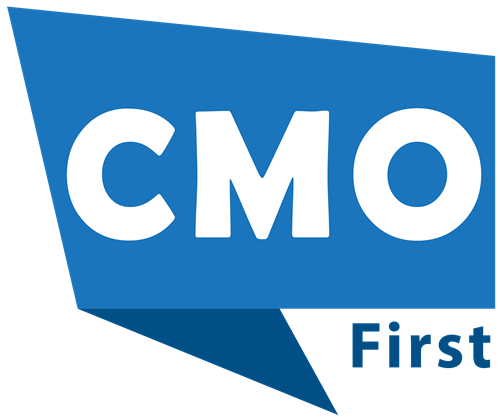




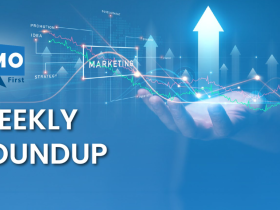

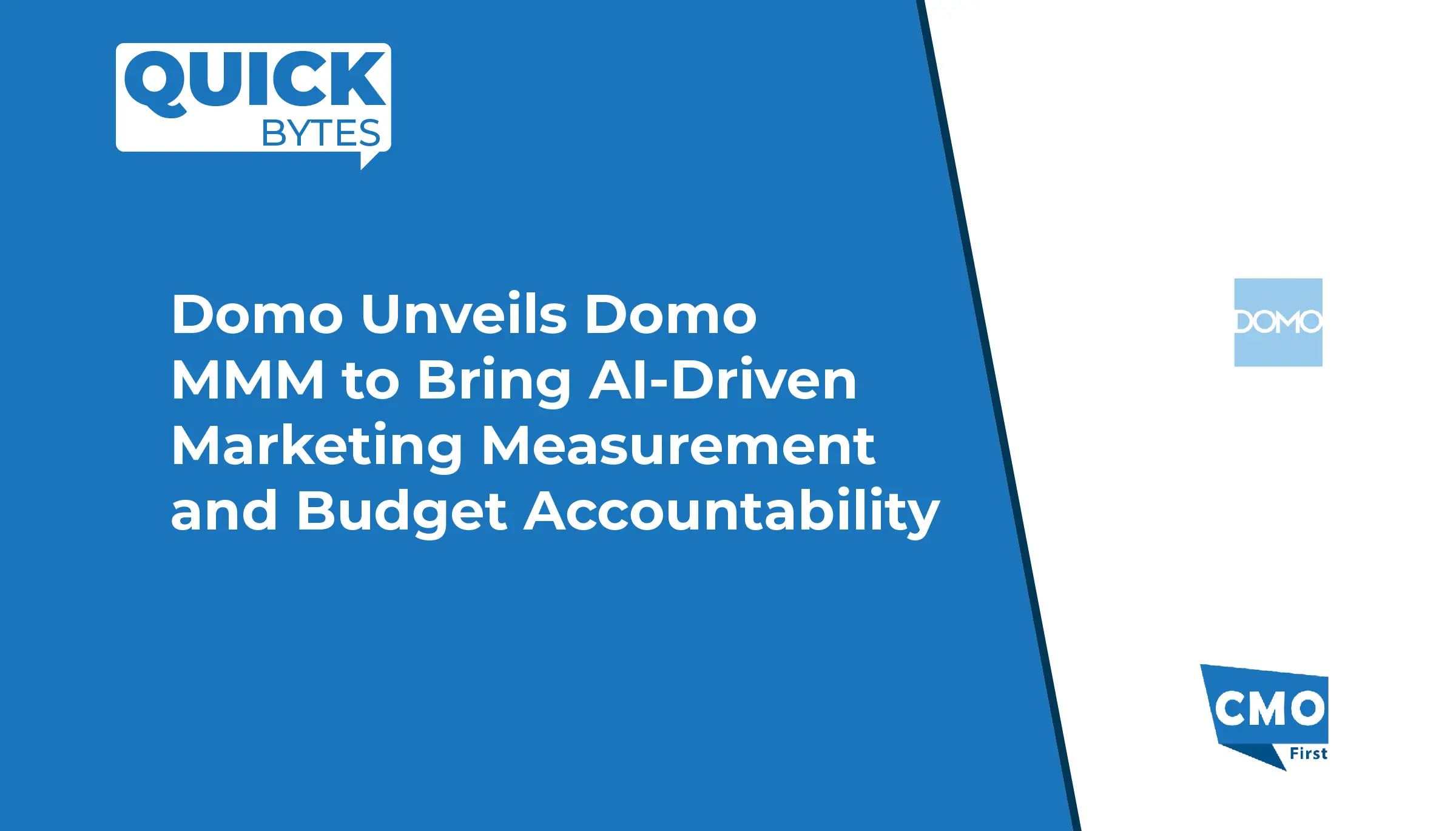
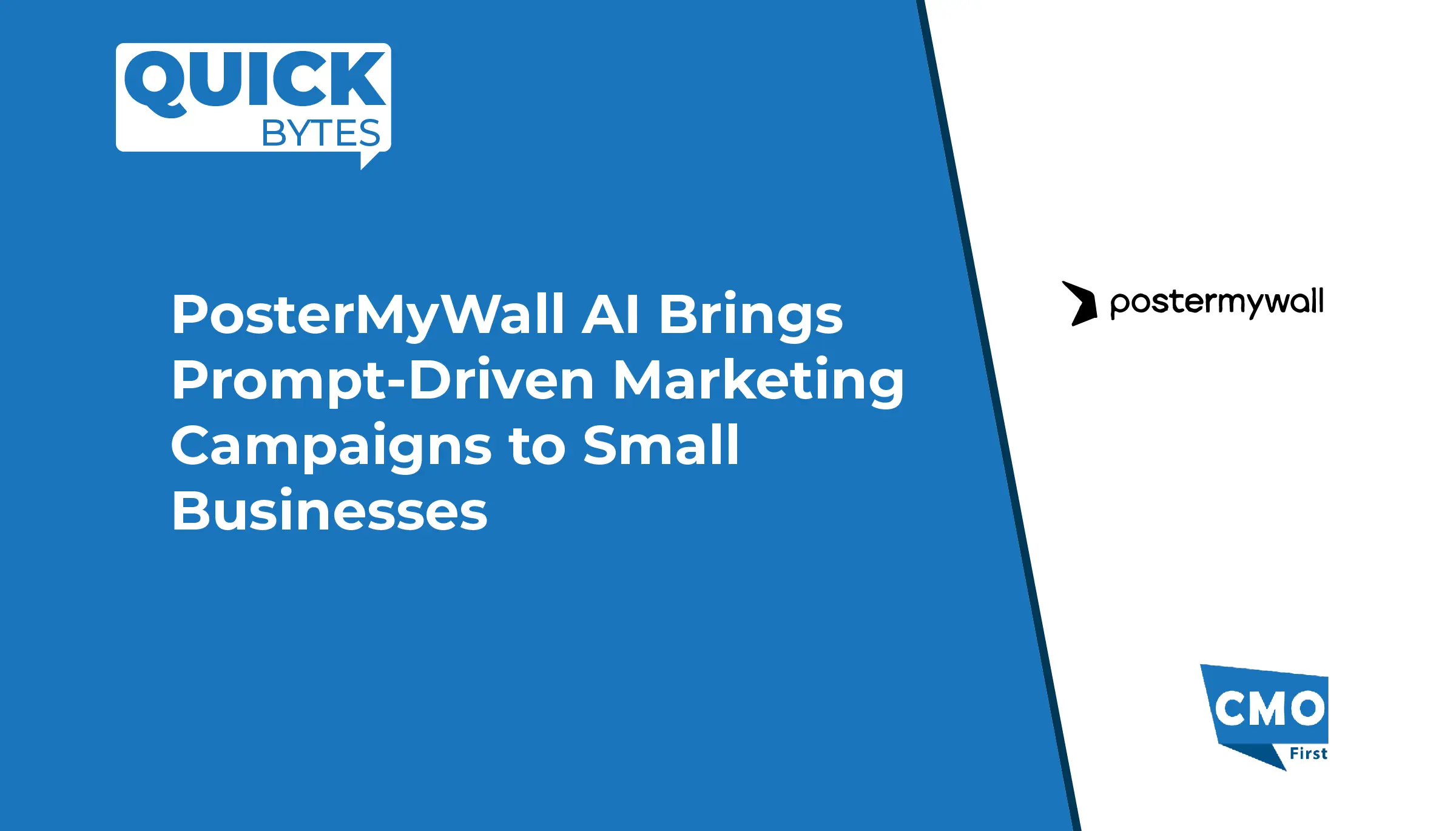







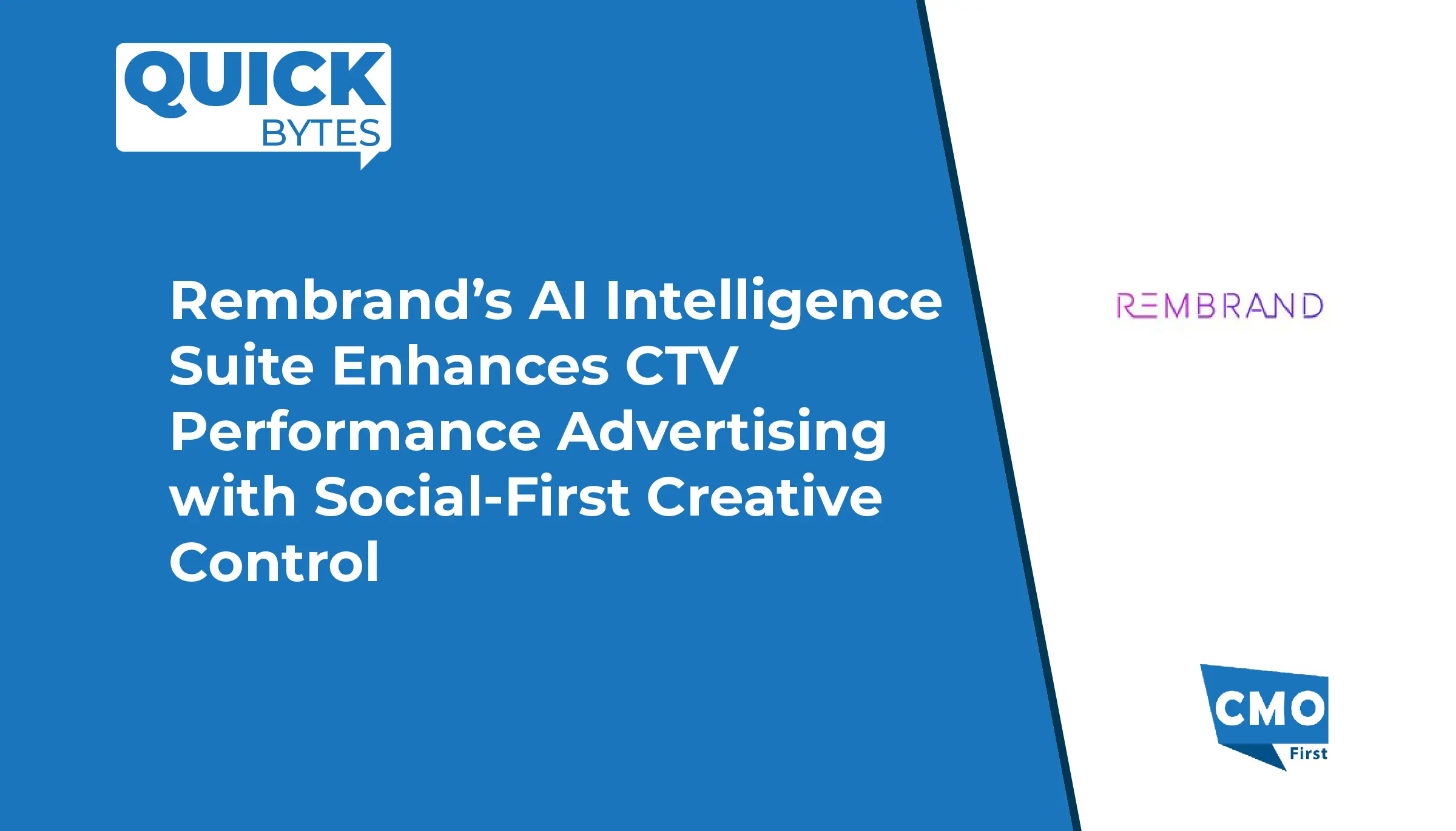





Leave a Reply